A New Thinking Cap
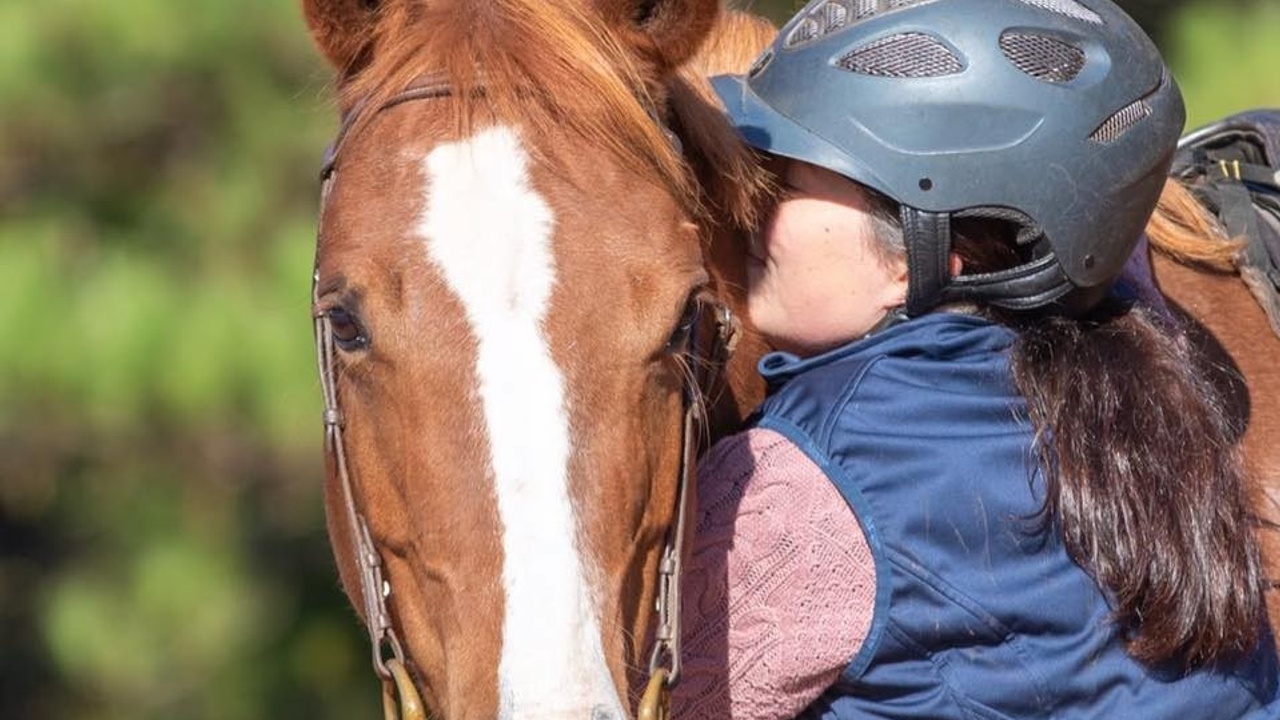
It’s pretty common for riders to overthink their ride and create unwanted tension. I’d like to present a very simple solution when you find yourself stuck or frustrated. I want you to imagine you’re putting on a new thinking cap.
Take the word CAP and think of these three words:
C for Curiosity
A for Appreciation
P for Playfulness
When you think about being curious, it puts you in a more powerful state of mind. You start looking for solutions and seek out assistance. Instead of feeling helpless, you can start to get curious on how to make things better.
Let’s say you feel like your balance is way off lately. Instead of just saying, “Oh, I feel like I’m just flopping around and not feeling strong enough in the saddle…” Decide to say, “I’m curious about how I can improve my balance.”
Then you can start seeking out solutions. You might decide to cross train with yoga, pilates, or even sit on a balance ball in your office. You might start thinking about riding in a bareback pad.
...Fall Down, Find Your Super Powers
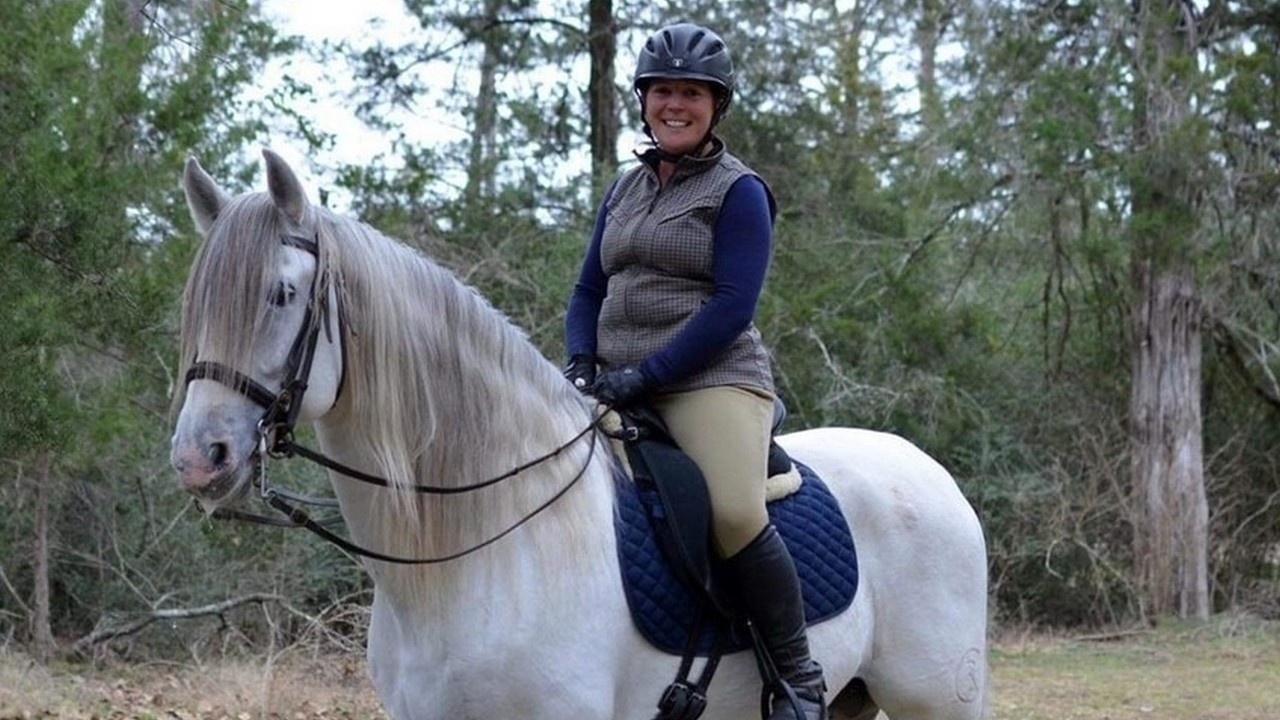
You’re in the warm-up arena and your horse’s energy is a little bit higher than you’d like. You can feel your heart beating faster and you’re doing your best to feel both seat bones in the saddle so you don’t float away.
This is a very common scenario. Our horses will feed off the energy at a competition, as well as our own nervous energy. I’ve dealt with this all of my life.
When I was eleven years old and starting to ride my trainer’s older event horse, Calcutta, I would get butterflies in my stomach with just the thought of my little jumping show coming up that month.
The fluttering continued, even as a young assistant-trainer in my twenties, when I would ride any youngster that the main trainer decided needed experience in the show ring.
I remember coming home after the long days of a horse show, feeling good that I had managed, with my entire essence, to successfully support the nerves of the squirrely off-the-track thoroughbred every time he passed the scary judge’s box.
I f...
How to Build Trust With Your Horse

Before we can trust another living being, we need to be able to trust ourselves. What we desire to see in our world, must first be cultivated and nurtured within.
If you want to build trust with your horse, you must embody being trustworthy yourself. How does one go about this?
First, you must take a good look at your patterns. Are you quick to judge what’s going on? Or do you take some time to examine your situation and decide what the best course of action would be?
To be an Inspired Rider, one who trusts their intuition, listens to their horse, and thus builds trust by default, you must slow down and build awareness.
These are the steps I suggest to my students. If you truly desire transformation, I highly recommend taking these ideas to heart.
- Get out all of your thoughts that no longer serve you. Write them down. Shed some light on them. Take time to decide what thoughts are pushing you towards a better relationship with your horse and which ones are holding you back. Remem ...
Begin to Use Your Inner Guidance
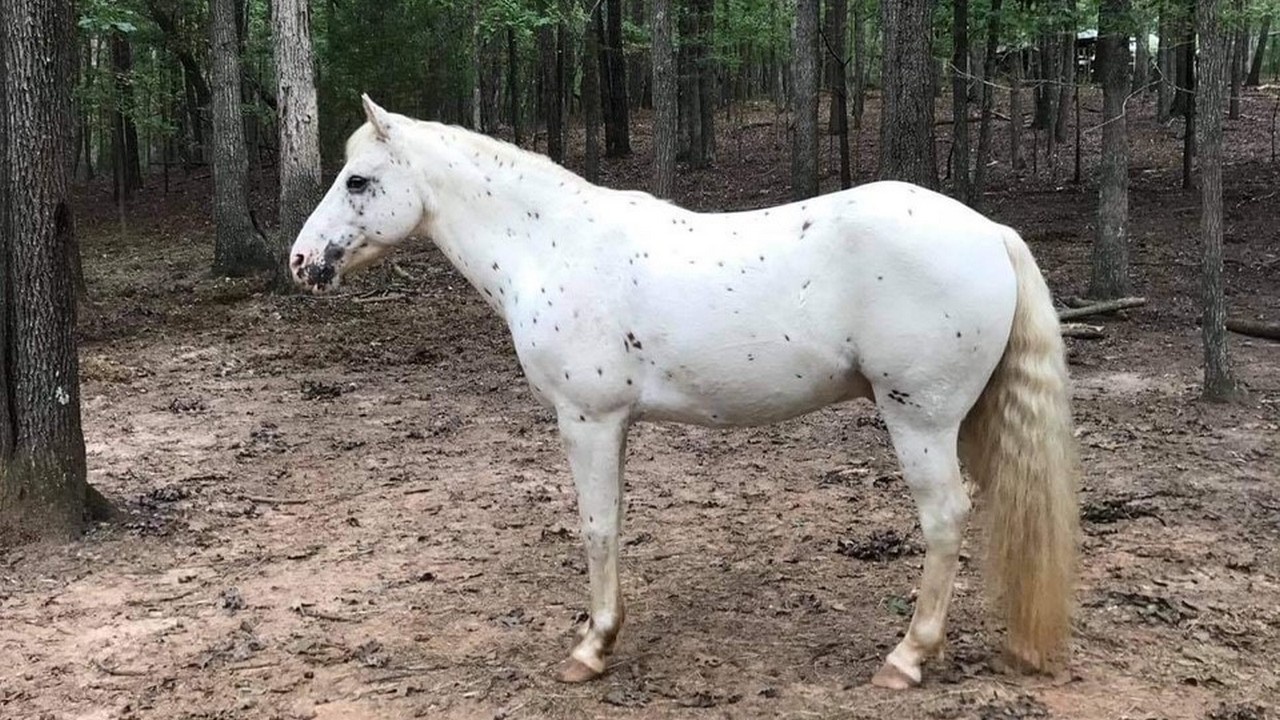
I'm sure you would agree that there's just so much information out there. You scroll through social media posts, which can lead to inspiration; yet often ends up leaving you with mixed emotions.
If you've felt overwhelmed and even a little frustrated after seeing so many ways of interacting with horses, you're not alone.
Did you know that you already have one of the best, most powerful tools in your possession, to help you with making decisions about your horse journey?
It's true!
It's your own inner guidance system.
You know, it could be those little gut feelings, whispers in your ear, or if you're like me, very strong feelings to stop what I'm doing, slow way down, and write out some thoughts to process what messages I need to focus on. Yes, it's like our very own built-in voicemail system from the Universe!
If you don't already have a way to tap into this powerful means of finding answers, I'd love to invite you to try out these simple, yet powerful routines:
- Take ten minut ...
10 Ways to Stay INSPIRED!

- Take a few moments each morning to count your blessings.
- Breathe deeper and slow down–the less frantic you are, the more zen and connected you can feel to your world
- Try something new each Even if it is brushing your teeth with your other hand. See what might happen.
- Really thank your horses for allowing you to interact with them, especially riding them…It is an HONOR to be able to do what we do with these magnificent creatures.
- Allow yourself to DREAM BIG. Write down some goals. Whether they be the most outrageous things you can think of…or simply something you think is possible for that day. Just WRITE IT DOWN. If you forget about it later on, you can look back and think about how much closer you are to those dreams. It might really surprise you.
- Take care of yourself. Think about what your body might want in order to THRIVE. Each body will tell us if you get quiet enough to listen. Experiment on a menu. Just scan and allow your heart to guide you to what your body needs.
- Tak ...
How Sherlock Holmes Can Help Improve Your Horse Time ...🕵️♂️
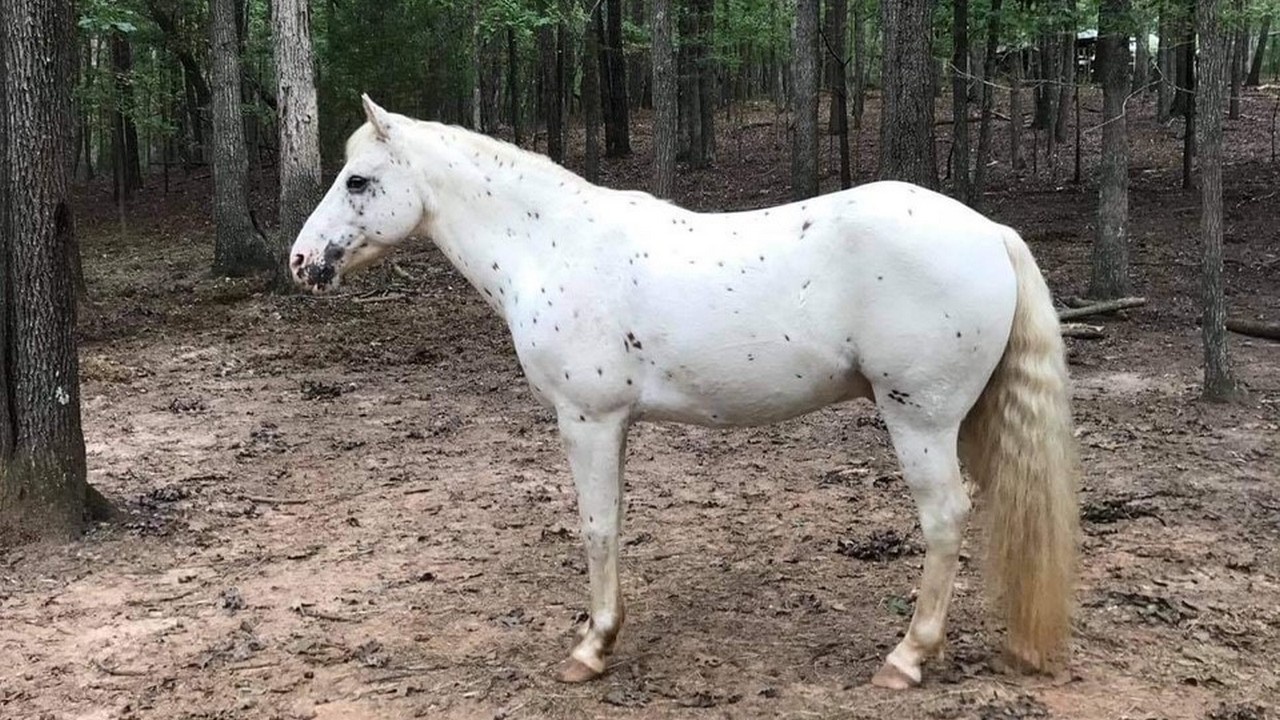
Equestrians are often on a quest to improve their horses and their riding abilities. They take countless lessons, go to clinics, and read as many ‘top ten tips’ blogs as their eyes can scan in one sitting.
Riding horses well requires more mental focus than most people realize. We become detective-like when it comes to how the tack should fit, what kind of food protocol your horse should be on, which lateral work to play with, or how often to go out on a hack.
The truly committed riders are always thinking, deciding on the best course of action, and are willing to make shifts accordingly.
Let’s allow one of the greatest (although fictional) detectives to give us some insights. And yes, this is another ‘top tips’ blog, but we'll just go with five today (not 10).
All quotes are of course by Sir Arthur Conan Doyle:
- “It has long been an axiom of mine that the little things are infinitely the most ”
When you focus on the tiniest details of your ride, you can discover the most subt...
End Your Session on a Good Note
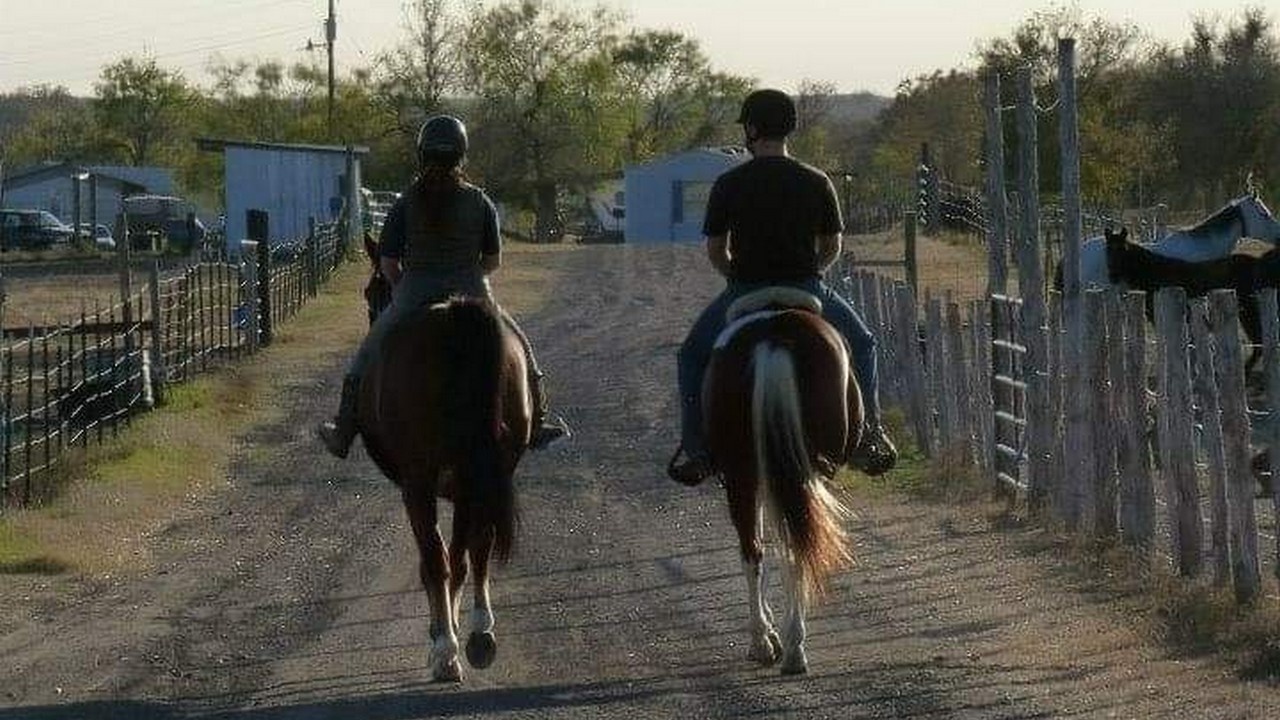
How often have you heard your instructor say, 'let's do that exercise one more time'?
While repetition is useful in most cases, it's really important to know when you and your horse should find a happy stopping point in your ride.
Many riders trust their instructor to make the decision to end the session for them, but what if you have a voice inside of you that says, you know what, that was good enough and I think I've reached my capacity for learning for today.
Are you able to voice your opinion in those instances? If it feels uncomfortable to say it out loud, just let your instructor know that you want to focus on quality training and you're concerned that if you push yourself, things might not end well. That should open up a conversation with your instructor, so they can help you figure out when those good moments happen, in order to stop and praise your horse and yourself!
Can you notice when your horse is also feeling like they're telling you they are done? This can be...
Shift Your Thinking, Shape Your Reality
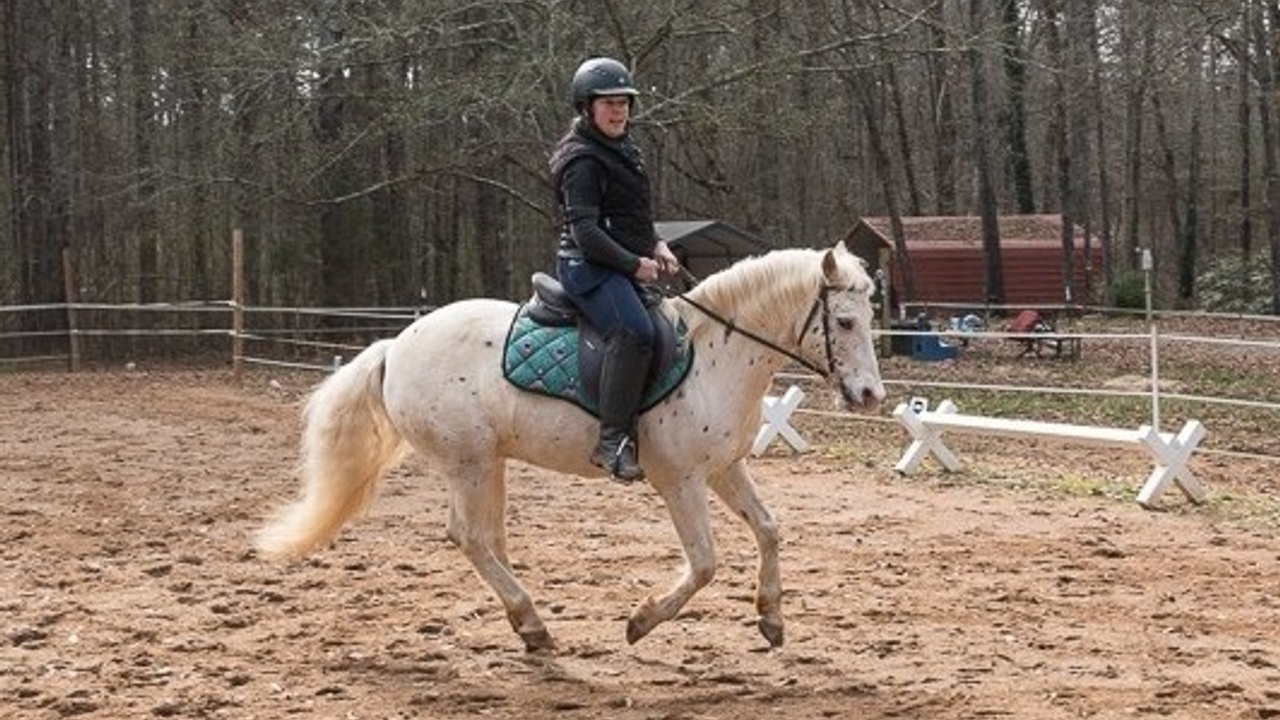
Beliefs.
The fabric of reality can have infinite possibilities, depending on what you believe. I’ve
learned that your thoughts, combined with your emotions, can help shape your reality. If you don’t believe this, it’s useful to do your own experiments. Our thoughts, especially our self-talk, have a tremendous influence on how we ride.
Here are some ways to shift your thinking, to honor the process of learning to ride.
If you say, “I’m terrible at getting a canter transition. I always get too tense and rush.”
Say instead, “I’m learning to wait for the right moment to canter. I am open to improving this transition and will do my best to Allow for it to feel better.”
~~~~~~
If you say, “I have such a hard time with my balance. I can’t get my legs to stay steady.”
Say instead, “I am improving my balance in each moment. I am open to feeling steadier.”
~~~~~~~~
If you say, “I’m nowhere near where I want to be with my riding. I feel like a failure.”
Say instead, “Every time I ride, it is a privile...
Dealing with Fear When Riding
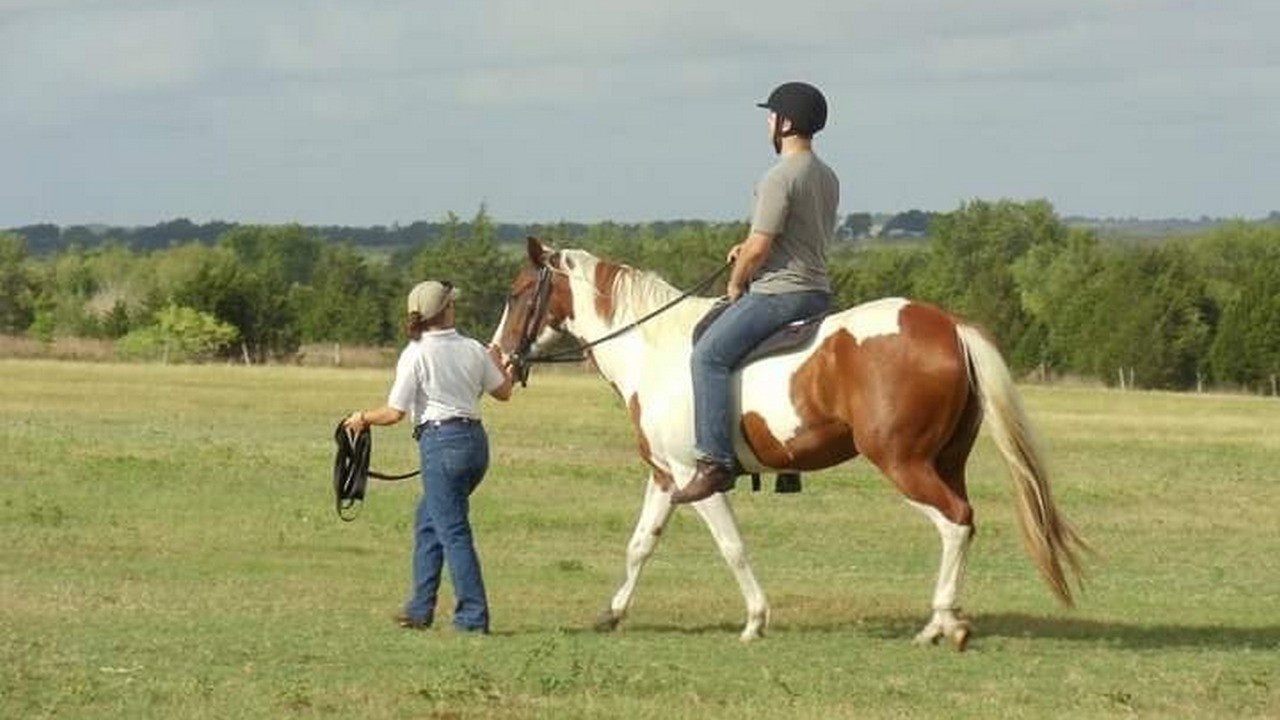
On dealing with fear:
A little bit of fear is normal when it comes to riding. If it begins to prevent you from doing the things you love, there are tools to help shift that.
Here are some ideas to assist when fear arises:
- Ask yourself what you are afraid of in the moment. If you can pinpoint a specific thing, talk it out (even to yourself) and decide if it is worth it to continue on. You might just lack knowledge for what you are afraid of doing. If that’s the case, ask for assistance. Ask for ways to help break down the issue until you find a solution. If you can’t figure out where the fear is coming from, you might need to simply take a step back from what you’re doing. Begin a journaling ritual, talk to friends, ask if anyone else feels the way you do, and go on a quest to find out where the fear is rooted. It could be time for a guided meditation practice or a licensed therapist to assist. I’ve also had amazing results from hypnotists. Be open to limitless solutions!
- If you a ...
Quick and Basic Tips for Training Level Dressage Tests
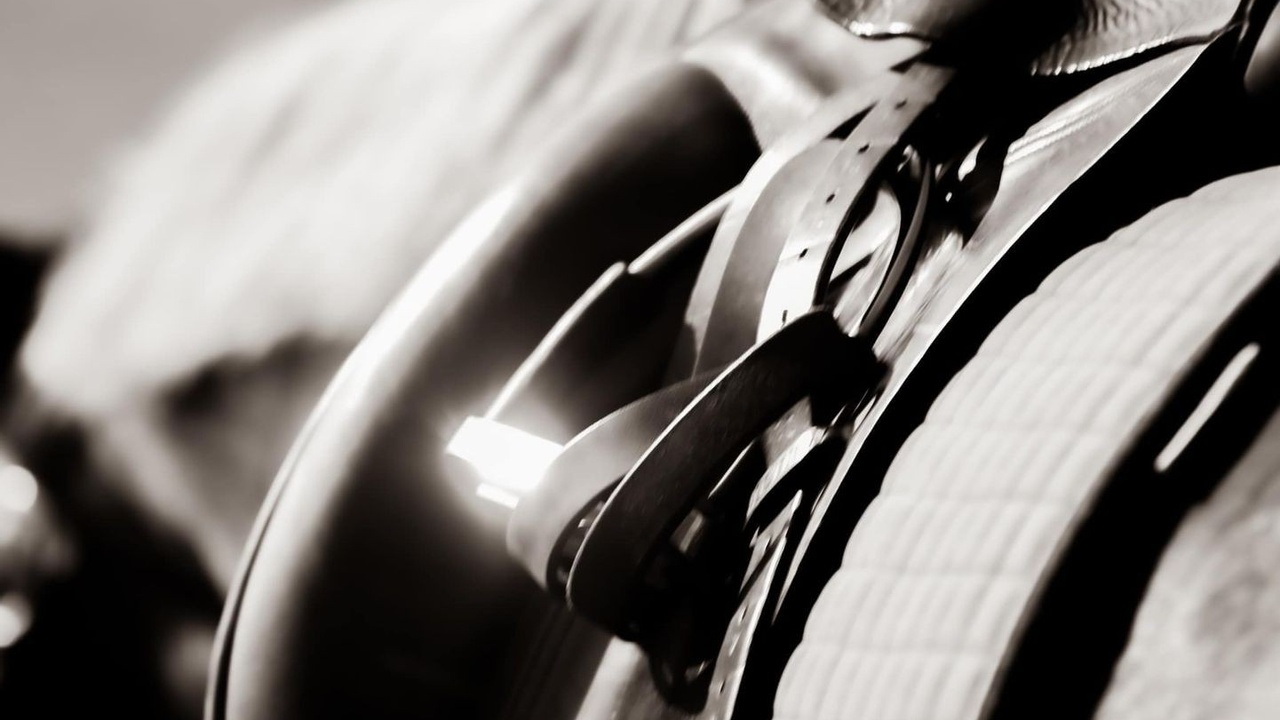
- Practice in your mind, with as much detail, before your show. You can even set up a little arena in your living room and pretend you are the horse. This is great exercise also!
- When entering at A, create a square turn feeling and send your horse forward towards the judge. Be confident! This forward energy will also help you stay straight.
- Exhale when you halt and salute, settle, take a deep breath again, and Go For It!
- Ride into your corners and pay special attention to your geometry. During practice, try and have someone film you to help you review.
- Breathe through each transition.
- Have the slightest feeling of leg yielding out to help with your transitions. This will help keep you and your horse stay connected.
- Steady on your outside rein.
- Allow yourself to think of a marching song in your free walk. I like the Darth Vader theme from Star Wars, but find your favorite 4 beat cadence!
- If something goes wrong, breathe and focus on what is next. Every moment counts. Don't let a ...
